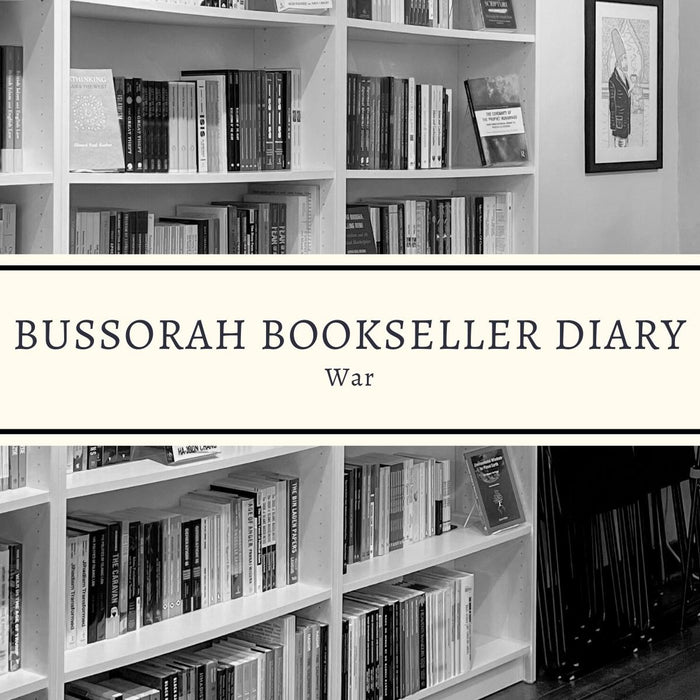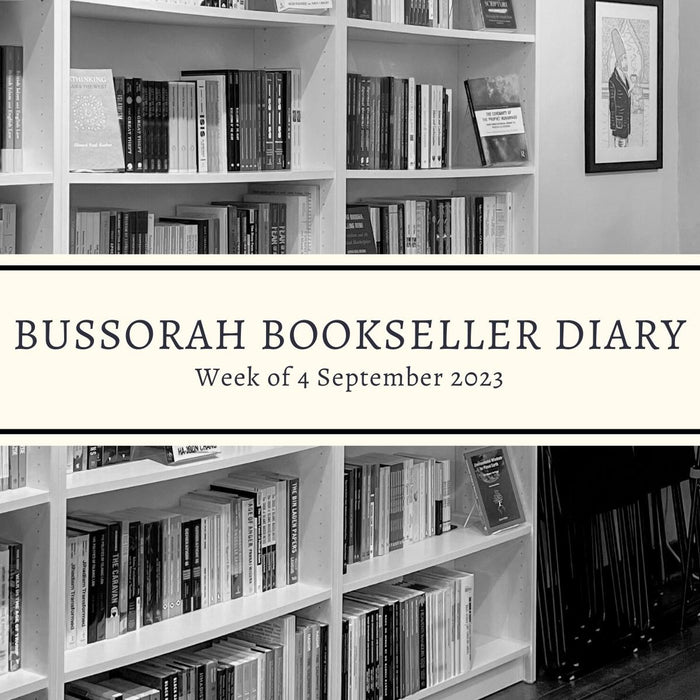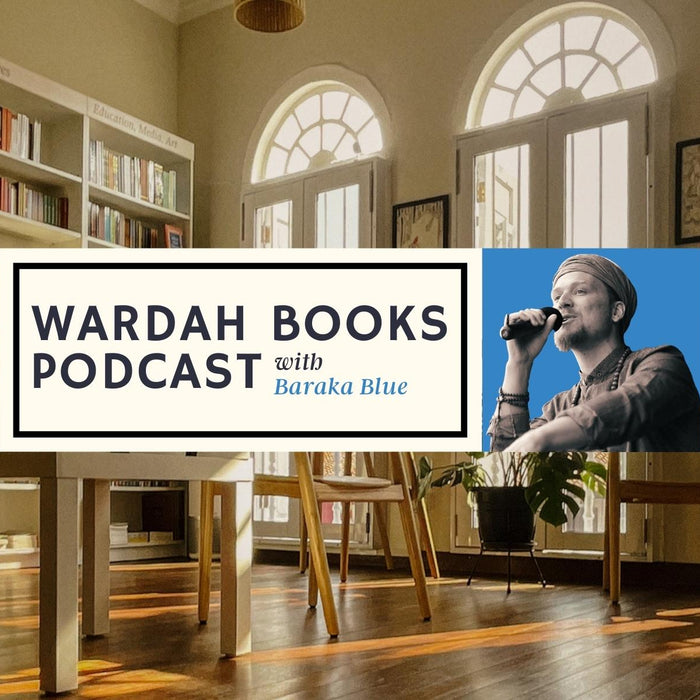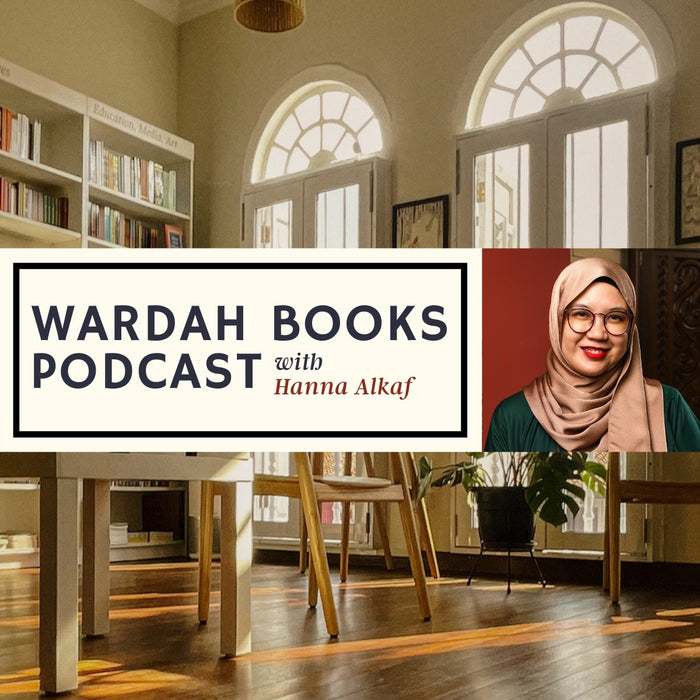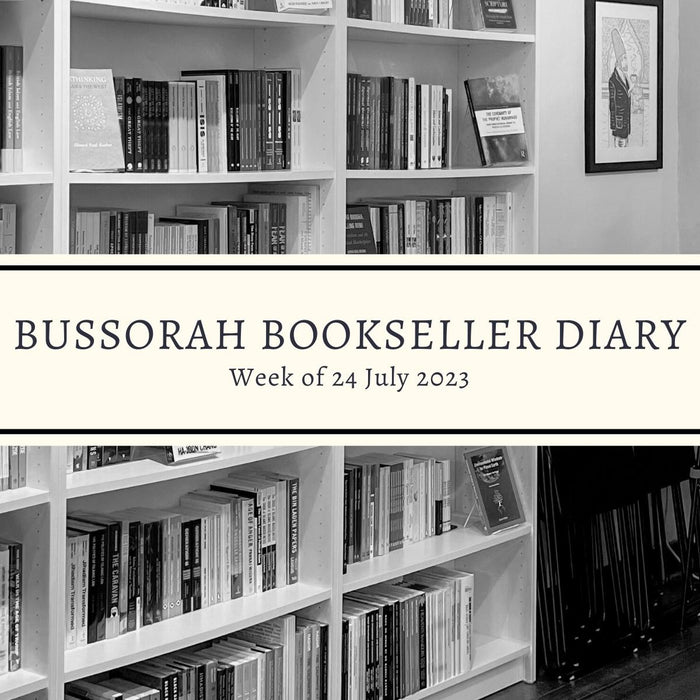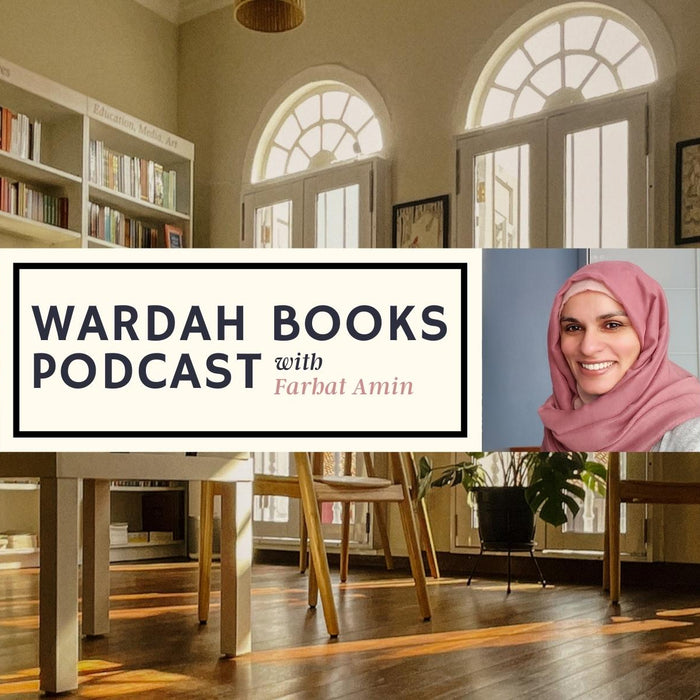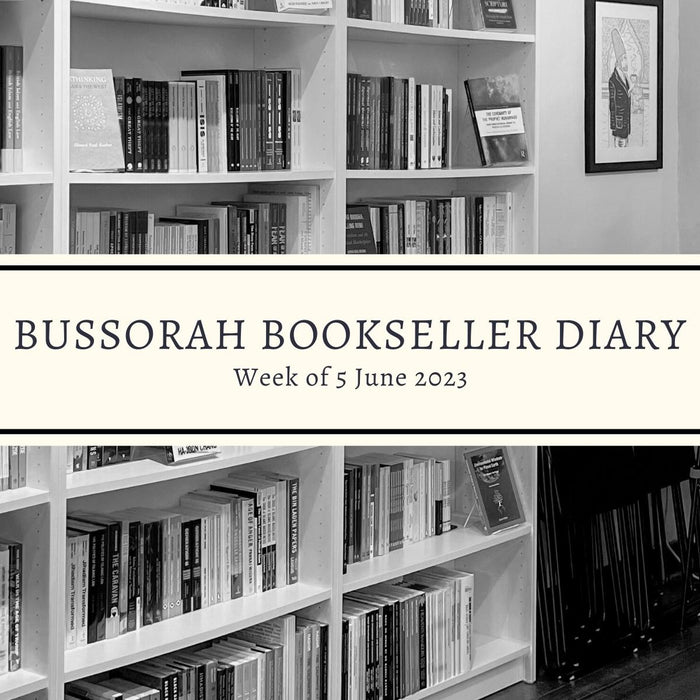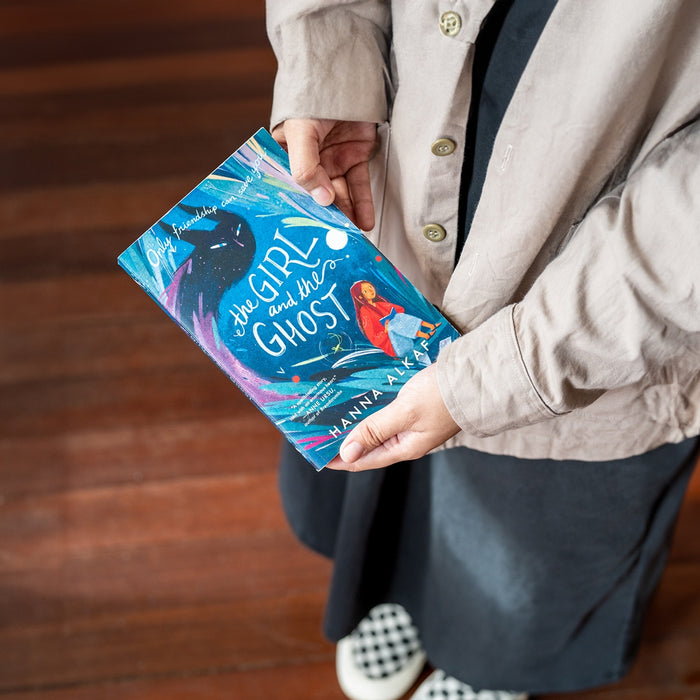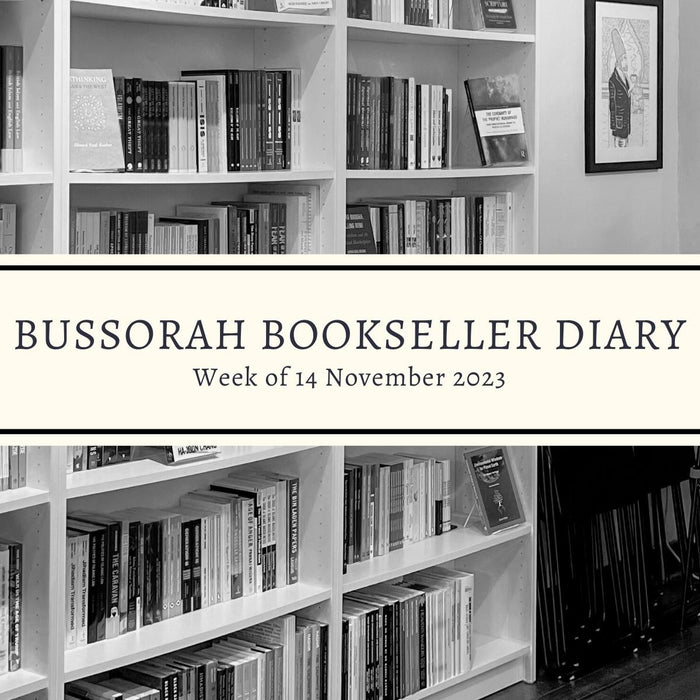
Write on Time
The Quran repeatedly emphasises contemplation as a crucial function of the heart that interprets meaning within natural phenomena, the theatre of human history, and even our own lives. There is meaning everywhere, and as Muslims we reject the view that life is meaningless. We are meaning-making beings, or more accurately, meaning-discovering beings.
Read now



